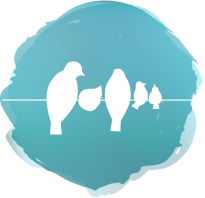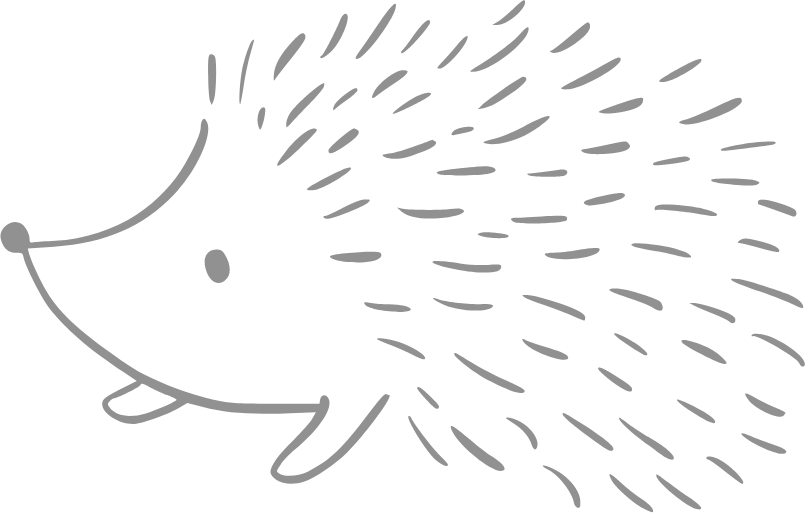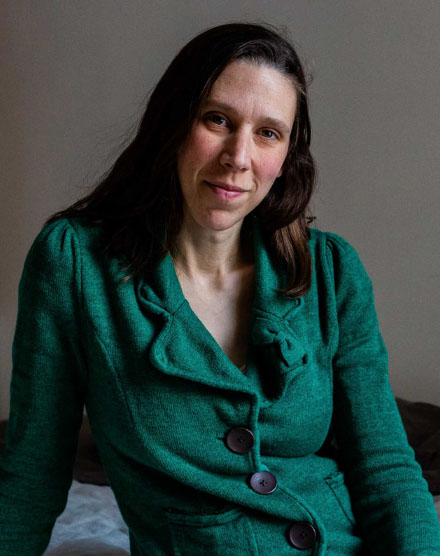Team Up With the Other Parent*
Are you struggling in your collaboration with the other parent of your emotionally intense child?
If so don't worry, you're far from alone
And you're at the right place 😉!
*Note that there can be more than one parent and it can also be parental figures. This resource can be used with anybody you consider a coparent of your child. No matter your situation.
Are you the parent who...
- does all the researches
- try all the recommendations (again and again)
- goes to all the appointments?
Maybe you fell like...
This workbook will help you to
To support you to collaborate together for your child

Only $9

"
Anouk was a very understanding guide during this challenge. She created a safe space to share our thoughts, feelings and questions. Her presence was very calming. Everyone was allowed to participate in their own way/pace. No guilt, no pressure. The exact opposite of what a normal parenting day looks like
(free translation)
Y. N.

"
“She gives you permission to let go of the idea of perfection and go back to (...) authentically document our families and our lives.”
D. C.

"
In the live class, Anouk was so involved and responsive with all the students on board. She gave so freely of herself. But she also does it in the course material and shares her knowledge and tips without holding back so that everyone wins.
(free translation)
K. L.

"
“Whatever I have read, I love the way Anouk combines nuggets of wisdom about parenting along with teaching photogaphy, letting go of expectations and just trusting to do the best, while honoring our kids wishes and honoring them, thank you Anouk for this course!”
But wait, do I have an emotionally intense child?
An emotionally intense child feels deeply and reacts more intensely then most kids the same age to many kind of situation.
They can also be unpredictable in the way that they sometimes collaborate perfectly in a setting and absolutely not the next time in the same setting.
The most important thing to remember is that they don't do it on purpose, they are not able to do otherwise on their own and need support.
They all have their particularities but I see them as 3 different types:
- Lion
- Hedgehog
- Sloth

The Lion
The lion child is always on the move, loud most of the time, really curious and inquisitive and don’t really care about social expectations or is just not able to control themselves to behave in that expected way, no matter how often you repeat yourself or how hard they try.
It's a child who's externalized in their reactions everywhere and acts out at home as much as everywhere else.
You might get daily call from school, they probably have some service in school settings and you're most likely judged for not being able to control them.

The Hedgehog
The hedgehog child looks very sweet, calm and in control out of the house but will explode once at home and with people they are closer and more comfortable with. They are generally really sensitive and creative. They might be more whinny and cry more then the Lion, but can also be very intense in their reactions.
It's a child that is internalized in their reactions out of the house, but externalized at home so others don't see it and most of the time don't understand what you mean and don't trust you when you're sharing your experience, you're probably judged (and might judge yourself) like you are the problem since it's all happening in your house/with you.
For that reason they probably don't get access to any support in school settings even if they could benefit from some.

The Sloth
The Sloth is a child who's sweet, calm, looks in control, is often alone, helpful to adults, don't talk loudly or run around and is generally really careful. They are really reserved and might be seen as slow, lazy or shy. When they react it's more in subtle whining or crying, you might tel them to speak up often.
It's a child who's Internalized in their reactions everywhere, which means they often go under the radar even for parents, so I'm not even really expecting their parents to read this 😉, so if you are, congrats for being so in tune.
Even if they don't look like it, they are still struggling inside and things might get harder as they grow older and there's more demand and more stress in their life.
Do any of that resonates?
If you you're at the right place and this resources is for you. If not but you have a child with special needs, the resource is still relevant as everything can transfer.
FAQ
What is the format?
You'll get access to a workbook both in PDF or Google doc format, whatever you prefer to use!
An audio version will be coming soon too for those who prefer that way of learning.
What if I don't have time?
What parent has time?
We so often feel like doing things ourselves will go faster...which can definitely be true.
But you'll feel so much more supported if you take the time to share with your partner/the other parent(s).
What if I'm in a conflict with the other parent(s)
This workbook is not build to help you heel a complicated or broken relationship.
If you have an important conflict, I strongly suggest that you find a couple or family therapist. I know some I can refer you to if needed.
This workbook will be best used if you have a good (or at least ok) communication together.
Who am I to even suggest you this?

If we haven't met, Hi, I'm Anouk!
I'm a mom of 3 emotionally intense (and wonderful) kids, I have a master's in social work and I've been supporting parents for 15 years (and that's how long I've been a mom!).
For my master I did a research on the transition from being a couple to becoming parents together and I'm sharing part of that with you in this workbook.
And now I support parents of emotionally intense kids for whom nothing in the “general parenting advice” seems to work.
Together, we'll uncover what’s going on with your child and find solutions and ideas that work for YOU and YOUR kid(s) so things go more smoothly, you can quit feeling like you are failing at parenting in constant fear of the next outburst and feel confident in trying different things that fit your kids' needs better.

